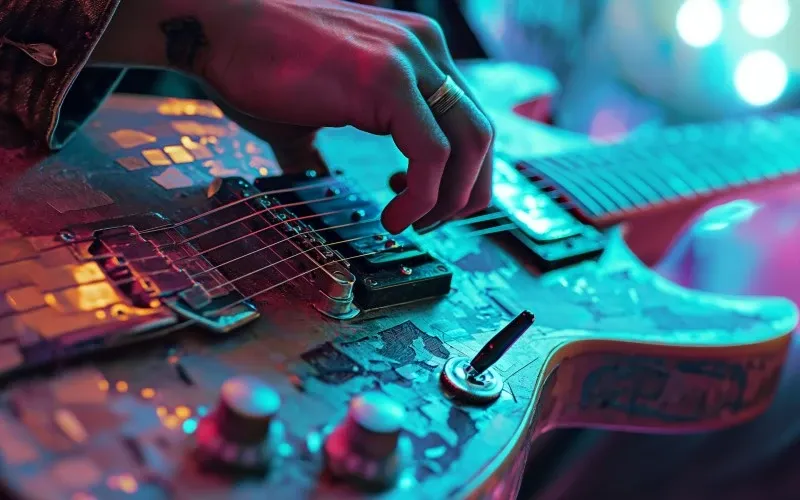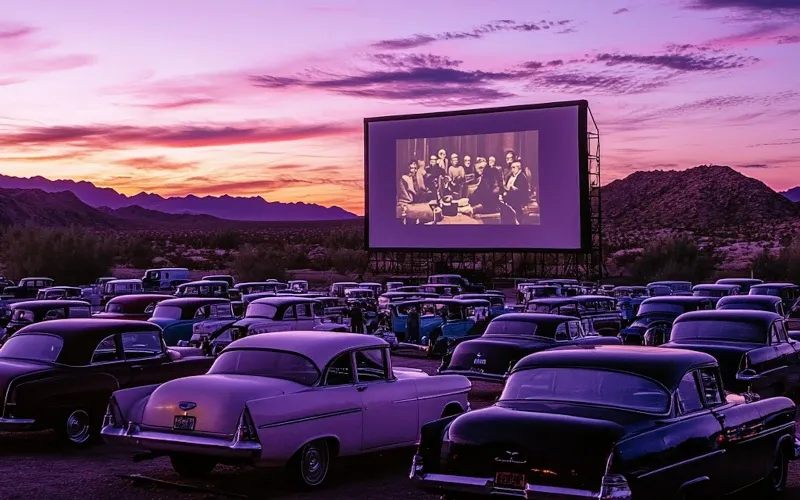10 reasons to shop second hand for your next musical instrument

Whether you’re a professional musician or just busking, here are 10 reasons to find your next guitar, trumpet or piano on the pre-owned market.
1. Instruments improve with age
It’s a little-known fact that when it comes to tonal quality, over time vibration has a positive effect on wood. Many studies have investigated the phenomenon and while there’s some debate as to the cause, overwhelming evidence suggests it’s true. Of course, for antique instruments to sound better, they need to be in good condition. The smart money seems to think the boost in tone comes down to long-term vibration. The consensus is so widespread that you can even buy devices designed to specially vibrate your instrument in a bid to artificially recreate this ageing process. Obviously, this only works for wooden instruments.
2. Manufacturing standards often fall rather than improve
Contrary to what you may think, it’s common for makers to try to lower the production costs of new instruments. This often involves using cheaper parts, components and lower quality materials.
3. The climate crisis has affected the supply of many tone woods
Deforestation has shrunk the world’s forests to such a profound degree that some of the best materials for making musical instruments are now banned under global treaty. These tone woods including Ebony, Brazilian Rosewood, Mahogany and many others are illegal to import into most countries. Of course, older instruments that were made before these bans are exempt. However, make sure you double check this with the relevant authorities as some instruments need special papers like passports before they can be taken overseas. In many cases now when they say they don’t make them like they used to, they really mean they can’t.
4. New instruments contribute to the climate emergency
As with most new goods made these days, many musical instruments come from factories in China and the far east. That means before your new guitar, flute, or saxophone hits the store, it’s already circumnavigated half the planet. Not to mention all the logging and mining involved in its manufacture. Sure, some second-hand instruments came the same way, but their previous owner will have paid any environmental taxes in full.
5. Old instruments have character and stories
There’s no other way to say it, older instruments carry the scuffs, blemishes, and quirks they’ve earned from previous lives. I don’t want to ramble too far from the point, but I personally own a Hurdy Gurdy made in 1859. That was the year Darwin published his opus Origin of The Species. Every time I play it, I get goosebumps thinking about how much history it’s lived through. I mean sure, not every instrument dates back 180 years, but whatever the vintage I bet you can feel it.
6. Sometimes you need an older instrument for a specific sound
Technology changes, it’s a given. Most of the time, these changes are for the best. Sometimes though, the march of progress leaves behind something flawed but beautiful. Over time instruments change. Old clarinets had different fingering patterns and were sometimes made from materials that makers no longer use. On some occasions, instruments die out entirely. Award-winning artists like Bat For Lashes sometimes use instruments that are out of production like the antique Marxophone. Depending on the scene there’s lots of fans of specific instruments that belong to a particular era. Psychedelic and surf bands favour old-school Gretsch guitars and bluegrass bands will spend a small fortune on vintage open back banjos.
7. Preowned often means preloved
People who value their instruments tend to look after them. That doesn’t just mean when it comes to cosmetics. A player with passion might upgrade the tools of their trade. If you shop on the second-hand market, you may find a guitar with better pickups or a saxophone with a fancy mouthpiece.
8. Second hand instruments often come with accessories
It depends on the deal, but some people selling second hand instruments have either given up or climbed the next rung up the skill ladder. This means it’s not uncommon to find your ‘new’ instrument comes with goodies like tutor books, picks, strings, straps and cases.
9. Buying second hand instruments often means better customer service
The person who sold you the instrument probably knows a lot about it. In general, people sell instruments they have outlived, so there’s a good chance if you have a question about it, the seller will have the answer and be happy to share it.
10. There are lots of unusual instruments on the second hand market
If you’re looking for something quirky or maybe even just for some inspiration, the online pre-owned market is the place to go. Because there are few specialist shops for some folk and world music instruments, if anyone's got a sitar, a saz, or a zaphona for sale you’ll find it on one of the second marketplaces. Check out cool Cuban Tres or classic guitar synths via Riloop.
In conclusion
The truth is, buying a preowned musical instrument makes you a better person. Sorry, but it just does. For all the reasons listed above and all the others we’ve forgotten, the simple truth is that anyone who puts the planet first and their career second is a winner in our book. So, that’s our list, but what do you think? Was there anything we missed? What are you looking for in your next instrument? Did you know Riloop can help you find your new gear by trawling the best online marketplaces for you? Give it a try now.
- 🌍 Access more results
- 🔍 Use advanced filters
- 🔔 Get alerted on new results
- 📂 Share custom collections
- ⏱ Explore ultra fresh data
- 🤸♂️ Receive pro tips

